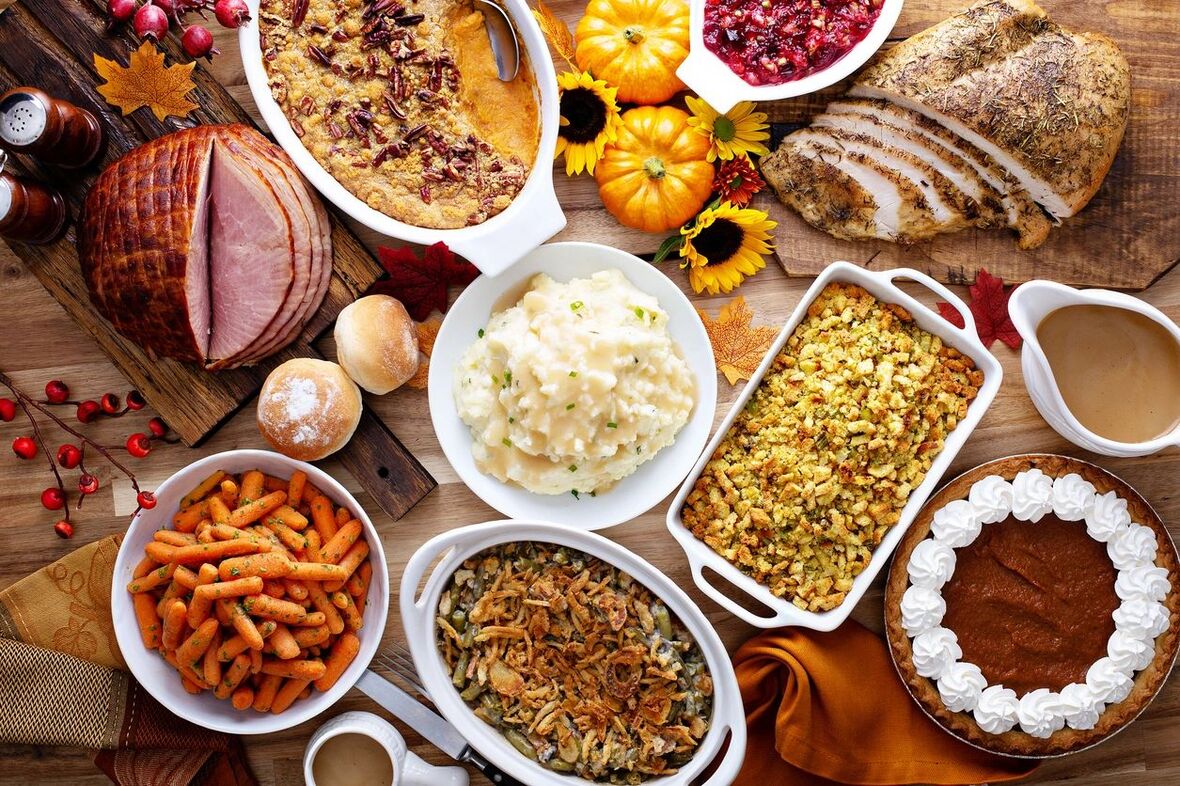Over the last few months, I’ve grown more spiritually, learning and using concepts to better myself, others, and the world we live in.
Yesterday, we observed one of my favorite holidays- Thanksgiving. This week, we dedicate this post to the history of Thanksgiving.
The History Of Thanksgiving
Thanksgiving is a national holiday in the United States and Canada that celebrates the harvest and other blessings of the past year. The origins of this holiday can be traced back to the early colonial times, when, the European settlers and the Native Americans shared a feast to mark the end of the growing season. However, the holiday has also evolved over time, reflecting the changes in American society, culture, and politics.
The First Thanksgiving
The most famous Thanksgiving celebration is often associated with the Pilgrims, a group of religious separatists who sailed from England on the Mayflower in 1620 and established a colony in Plymouth, Massachusetts. After a harsh winter that killed half of their population, the Pilgrims were aided by the Wampanoag people, who taught them how to plant corn, fish, and hunt. In the fall of 1621, the Pilgrims and the Wampanoag gathered for a three-day feast to celebrate their successful harvest. This event is widely regarded as the first Thanksgiving in America, although it was not called by that name at the time. The feast included foods such as venison, turkey, corn, squash and berries.
The National Holiday
The tradition of celebrating Thanksgiving did not become an annual event until much later. For more than two centuries, different colonies and states observed days of thanksgiving at various times of the year. It was not until 1863, during the Civil War, that President Abraham Lincoln proclaimed a national Thanksgiving Day to be held on the last Thursday of November. Lincoln’s proclamation was influenced by Sarah Josepha Hale, a prominent writer and editor who campaigned for a national holiday for decades. In 1941, Congress passed a law that fixed Thanksgiving on the fourth Thursday of November.
The Modern Celebration
Today, Thanksgiving is one of the most popular holidays in America, marked by family gatherings, festive meals and parades. The typical Thanksgiving menu includes turkey, stuffing, cranberry sauce, mashed potatoes, pumpkin pie and other dishes that reflect the diverse cuisines of different regions and ethnic groups. Some people also volunteer at soup kitchens or donate food to help those in need. The Macy’s Thanksgiving Day Parade in New York City is one of the largest and oldest parades in the country, featuring giant balloons, floats and performers. Another popular tradition is watching football games on TV or playing them in backyards. In Manchester, CT, my home town, has their annual Thanksgiving Day road race, the third largest road race in the Northeast. And, we can’t forget Arlo Guthrie’s 18 minutes of “Alice’s Restaurant”, of which many radio stations will play throughout the day.
The Controversies and Legends
Despite its popularity, Thanksgiving is not without controversy and criticism. Many Native Americans and their allies view the holiday as a reminder of the genocide and oppression that their ancestors suffered at the hands of the European colonists. Some activists organize protests or alternative events to raise awareness of these issues and honor their culture and history. Others seek to reclaim the holiday as a time to celebrate their resilience and survival. Additionally, some myths and legends have emerged around Thanksgiving over time, such as the story of Squanto, a Native American who supposedly acted as a translator and mediator between the Pilgrims and the Wampanoag. However, historians have challenged these narratives and revealed more complex and nuanced perspectives on the past.
Thanksgiving is a holiday that reflects both continuity and change in American history. It originated from a harvest feast shared by different groups of people in colonial times, but it also evolved into a national holiday that expresses gratitude for various blessings in modern times. It is celebrated by millions of Americans with joy and enthusiasm, but it also raises questions and debates about its meaning and implications. Thanksgiving is thus a rich and multifaceted topic that invites us to learn more about ourselves and our society.
See you next week!


